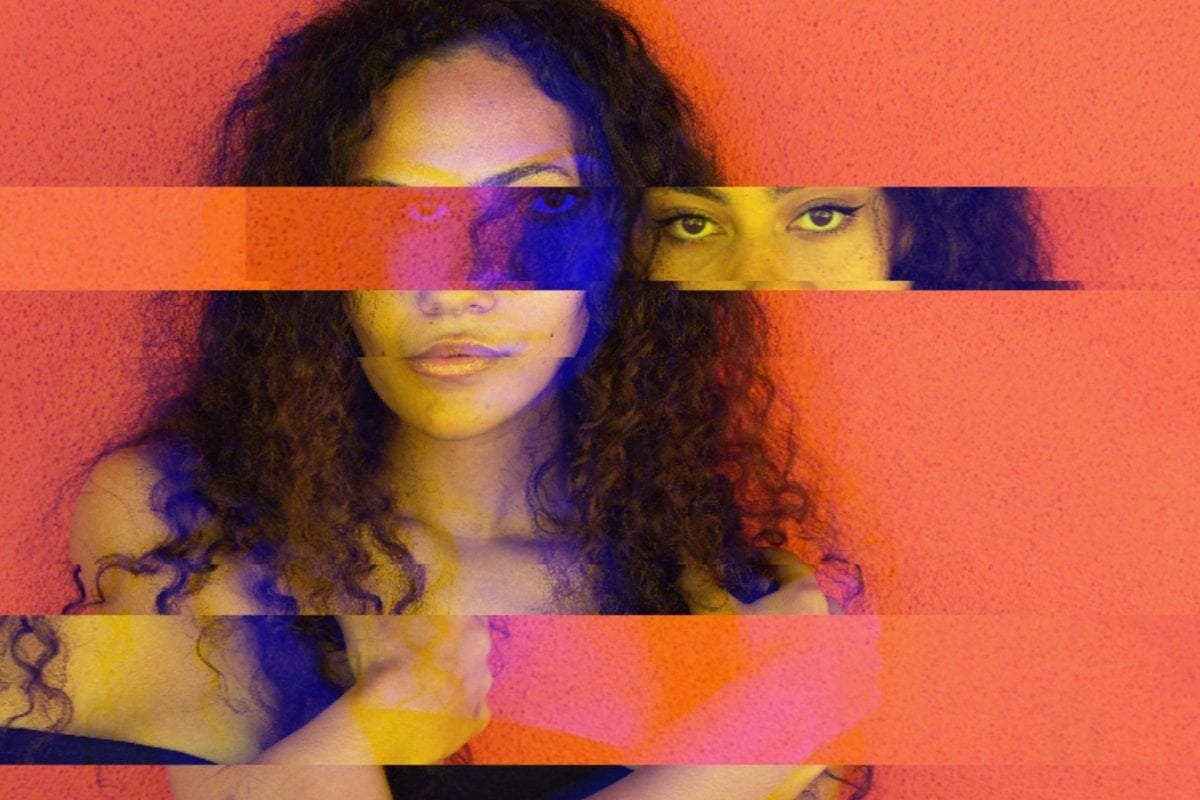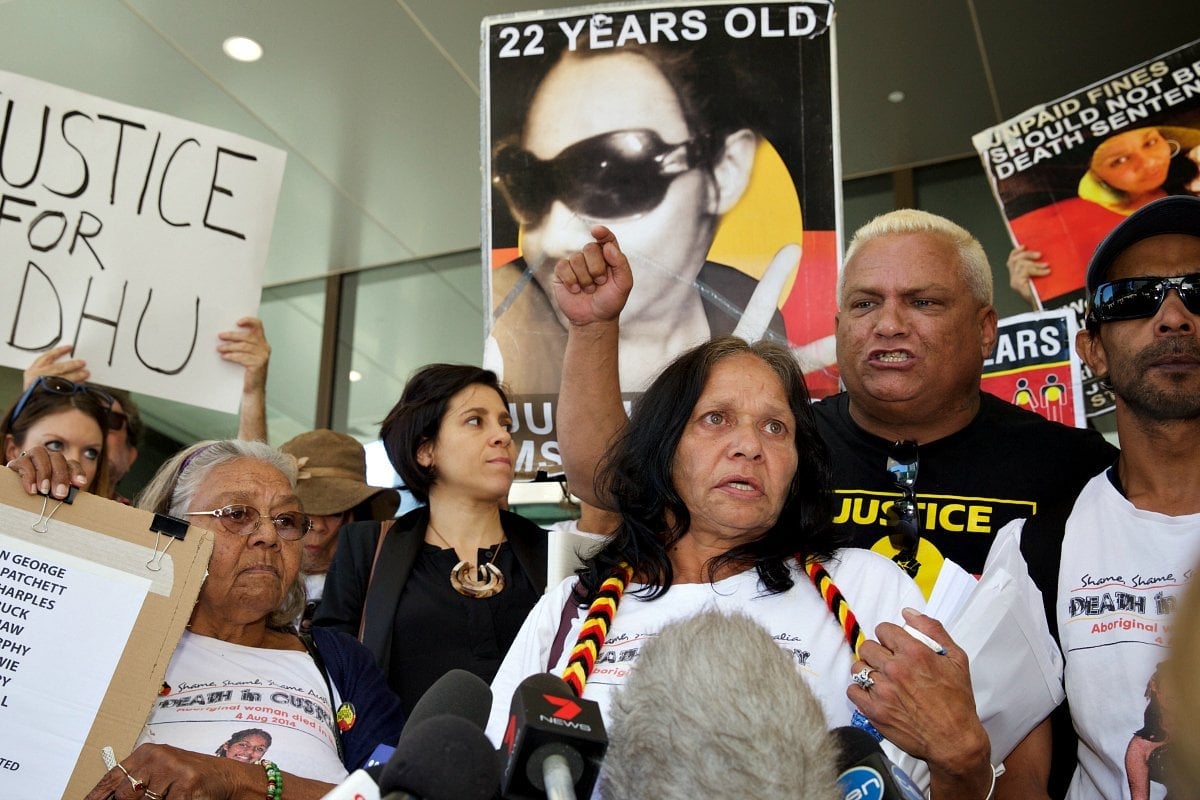
This post deals with domestic abuse and might be triggering for some readers.
The fact that many Australians recognise the names of people like Hannah Clarke and Rosie Batty and little Kobi Shepherdson, the fact that strangers march in the streets calling for justice on their behalf, is a reflection of the increasing consciousness of domestic and family violence in this country.
But for all the hard-fought gains in putting this issue on the national agenda, a stunning lack of attention has been dedicated to one of the most critically impacted groups: Aboriginal and Torres Strait Islander women.
Have you heard of Tamica Mullaley and her son, Charlie, for example? What about Jody Gore?
They have endured family violence so shocking you'd imagine their names dominating front pages and news bulletins.
But, no. Their names are barely spoken, their stories little told. There are no nationwide vigils or street-filling marches.
Watch: Indigenous Lives Matter. Post continues after video.
Dr Hannah McGlade, a Nyungar woman, Associate Professor at the Curtin School of Law and expert member of the United Nations Permanent Forum on Indigenous Issues, is advocating for an end to that silence via a movement she calls 'say her name'.





























































































